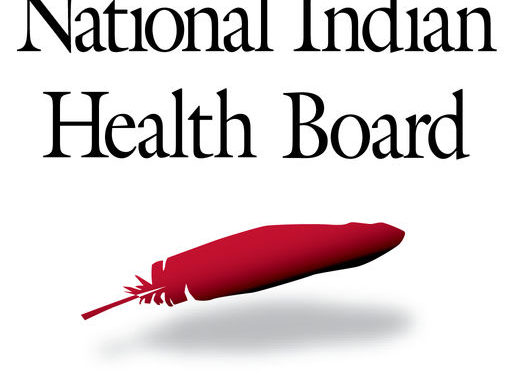
- Details
- By Native News Online Staff
OMAHA, Neb. — Citing the concerns of the spread of the COVID-19 virus, commonly referred to as the coronavirus, the National Indian Health Board (NIHB) announced on Wednesday that it has postponed the 2020 National Tribal Public Health Summit that was scheduled to take place next week, March 17-20 in Omaha.
“At the heart of NIHB’s work is our commitment to improving the health care and public health systems of all federally recognized Tribes. This sacred charge guides our decisions, including the decision to postpone the Tribal Public Health Summit to a date (to be determined) later this year,” NIHB stated in a press release.
NIHB says it will refocus its work on ensuring tribal communities and citizens are informed about COVID-19 and its impacts in Indian Country. We also will continue our advocacy efforts to bring resources to address COVID-19 in tribal communities, respecting tribal sovereignty.
For up to date information on the Summit and COVID-19, please see NIHB’s website.
More Stories Like This
Native News Weekly (August 25, 2024): D.C. BriefsUS Presidents in Their Own Words Concerning American Indians
Ethics Complaint Alleges Former Navajo Nation Chief of Staff Accepted Gifts From Contractor
Monday Morning (December 14, 2025): Articles You May Have Missed This Past Weekend
Senators Demand Accountability Amid Reports of ICE Questioning Native Americans
Help us defend tribal sovereignty.
At Native News Online, our mission is rooted in telling the stories that strengthen sovereignty and uplift Indigenous voices — not just at year’s end, but every single day.
Because of your generosity last year, we were able to keep our reporters on the ground in tribal communities, at national gatherings and in the halls of Congress — covering the issues that matter most to Indian Country: sovereignty, culture, education, health and economic opportunity.
That support sustained us through a tough year in 2025. Now, as we look to the year ahead, we need your help right now to ensure warrior journalism remains strong — reporting that defends tribal sovereignty, amplifies Native truth, and holds power accountable.
 The stakes couldn't be higher. Your support keeps Native voices heard, Native stories told and Native sovereignty defended.
The stakes couldn't be higher. Your support keeps Native voices heard, Native stories told and Native sovereignty defended.
Stand with Warrior Journalism today.
Levi Rickert (Potawatomi), Editor & Publisher

